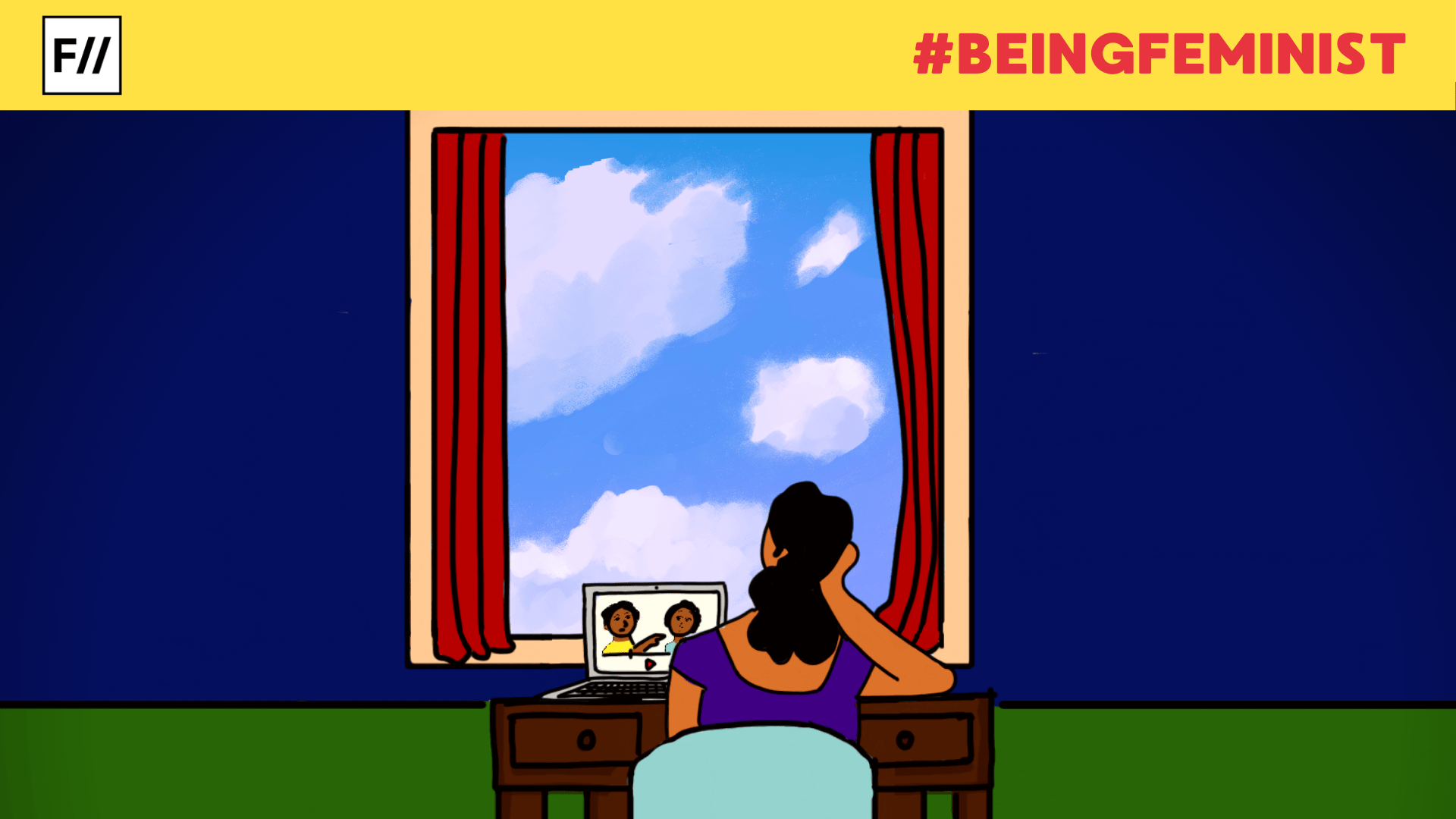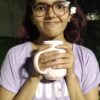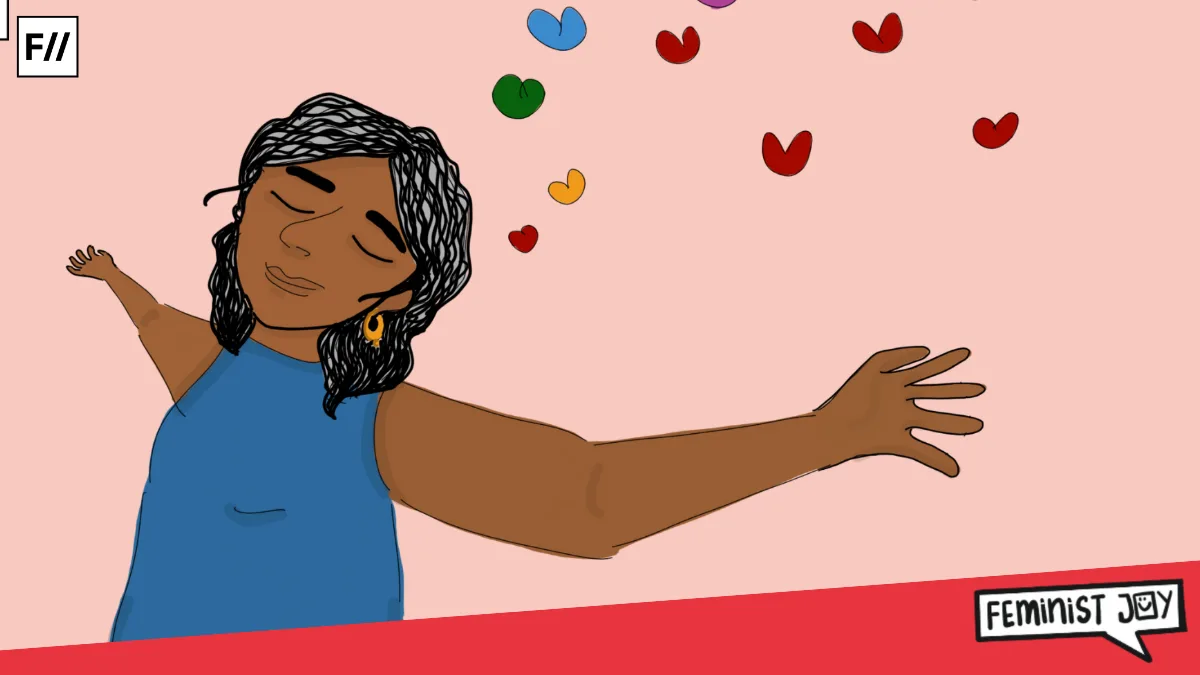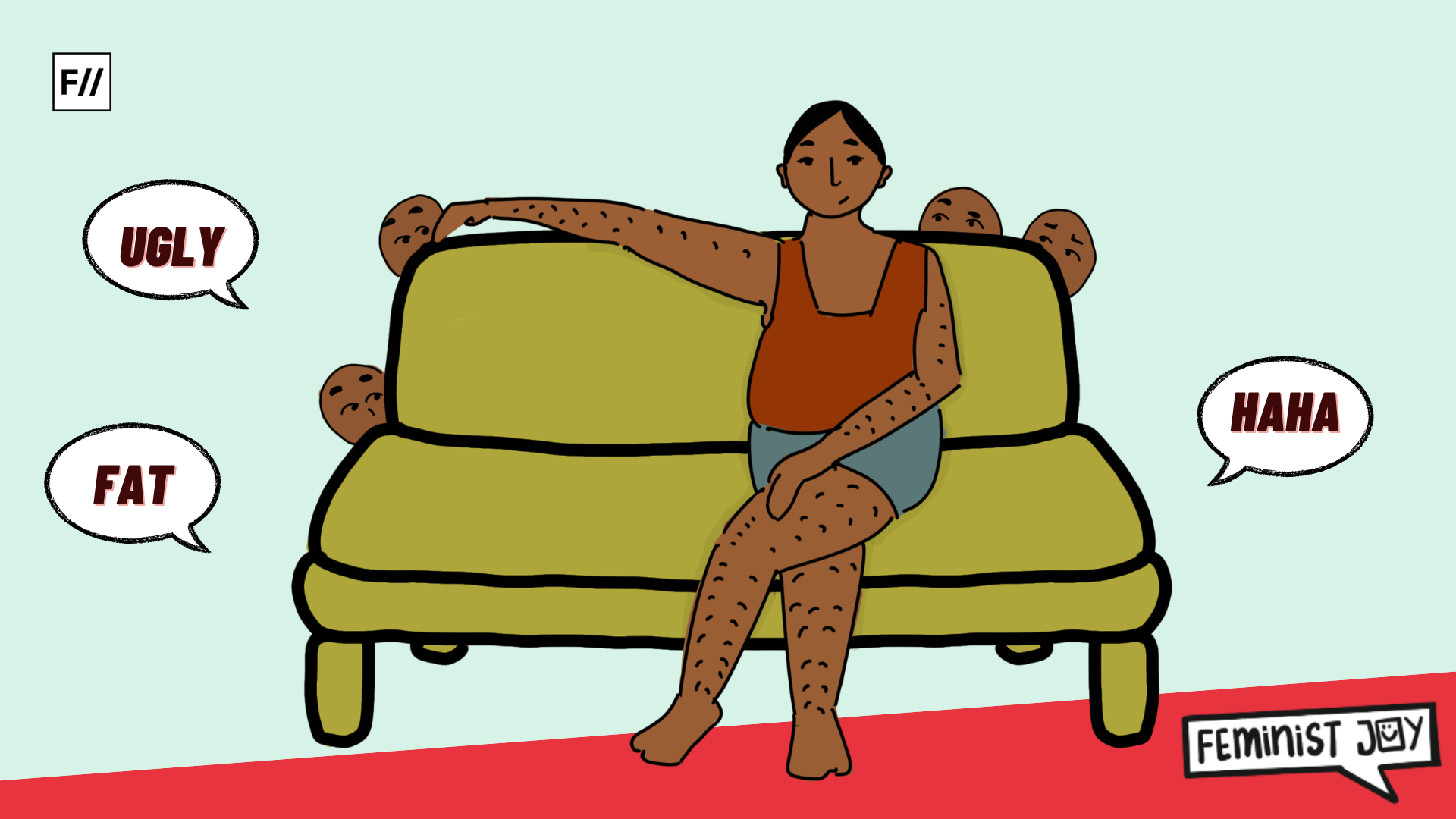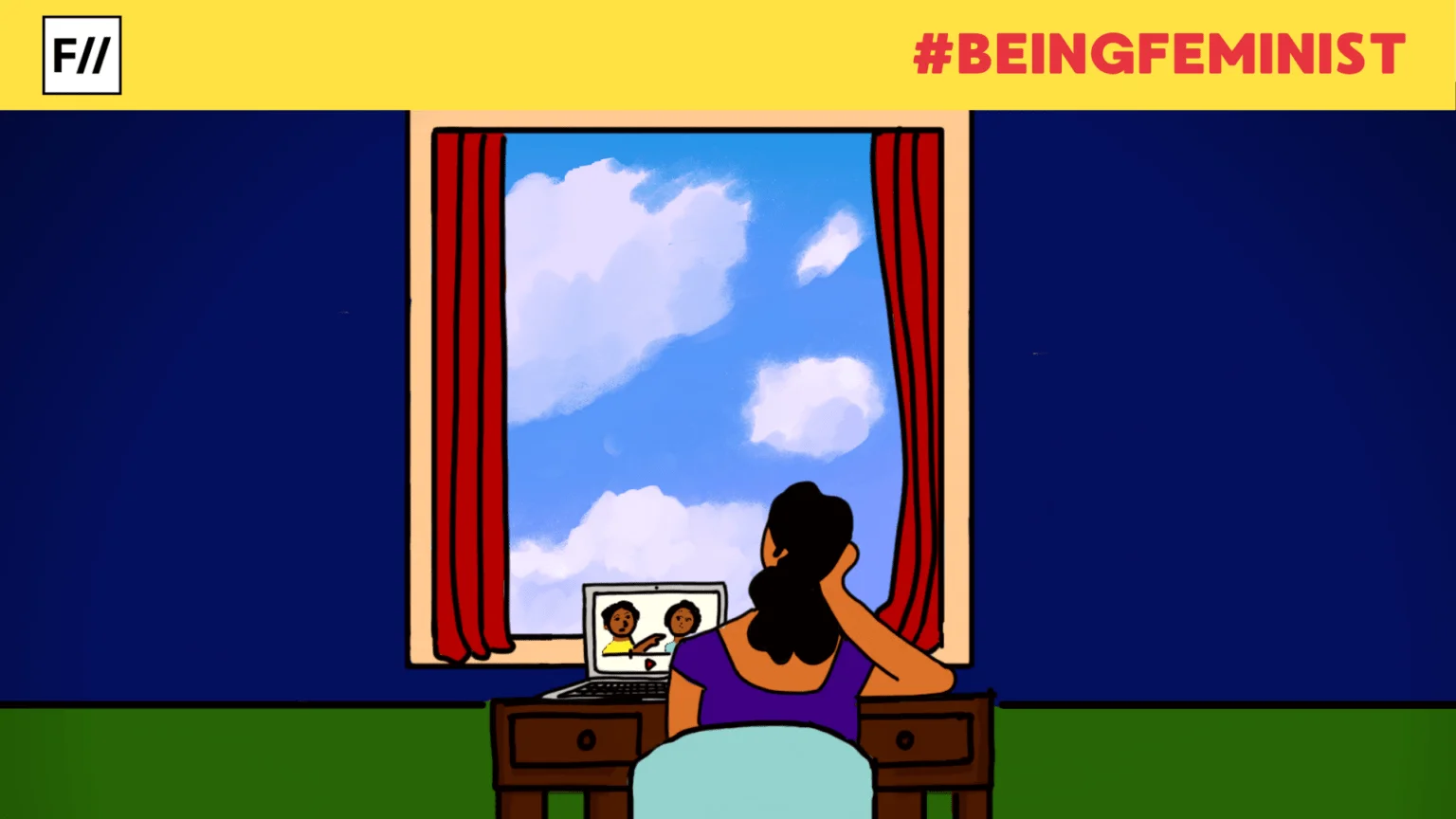My initiation into the world of fiction happened when I was in the 6th grade. My sister hoarded a bunch of Nancy Drews and slammed them on my desk since she was tired of seeing my head constantly buried in astronomy encyclopedias; she wanted me to explore the imagination. I reluctantly agreed and never looked back. Twelve years later, I decided to pursue English Literature and now intend to become an educator in the field.
From fiction for adolescents to dystopian novels to canonical texts in English literature, I came to admire a range of authors with problematic beliefs and was amply trained by my professors to take the good and chuck the bad. This was especially the case with Ernest Hemingway whose hypermasculine themes, the lack of women in his books or women pigeonholed in stereotypical categories in his most lauded works (one such work being The Old Man and the Sea, which went on to win him the Pulitzer) made me uneasy.
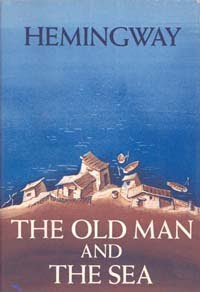
Virginia Woolf, who I deeply admire, and who is celebrated as a precursor for all feminists to come had her own set of problematic ideas. In her pioneering work, A Room Of One’s Own, she criticised the yardsticks determined by WASPs (White Anglo-Saxon Protestants – your typical white male in power) and their canonisation of literature based on these so-called uncontested values which excluded acclaimed female writers. She critiqued knowledge creation at the hands of men which was sanctioned as the Truth and housed in national libraries, institutions that were considered infallible in their pursuit of truth. As a professor of mine said, “Books, by their very existence in libraries, preclude the assumption of rubbish.”
The books of men in these libraries treated women as an object of their study instead of human beings with minds of their own. The sheer falseness of claims about women in their books, and the propagation of the image of an ideal woman, generates much anger within Woolf. However, she evinces her own set of exclusionary yardsticks.
In her discussion of female authors who deserve recognition, she entirely excludes the female gothic, the culmination of which was Frankenstein by Mary Shelley. In her text, she jumps to an entire century when women writers wrote abundantly and were ignored and made the same mistake of dismissing them as the male canon-makers did. Her yardstick is to write any work of literature with an “androgynous mind,” – with a combination of one’s maleness and femaleness. She criticises the feeling of anger and resentment in women’s literary works.
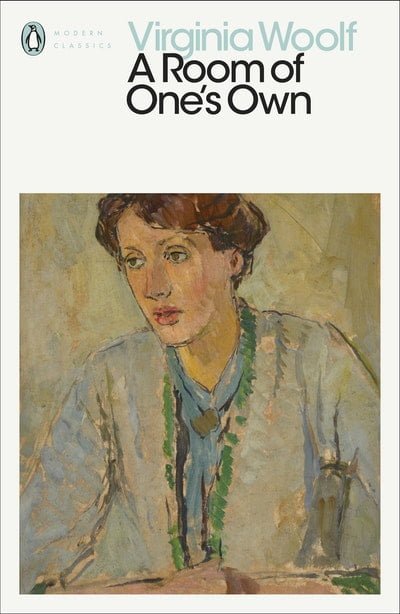
However, she forgets that one can’t write with both genders in their heads. One can’t expect that from human beings who have been trapped within, and because of, their gender. When women finally have a voice, they have finally begun speaking, the first thing that they express is anger. Woolf takes issue with this and doesn’t consider the expression of anger as a mark of literary genius.
It escapes me, what is wrong with anger? What is wrong with having works within the female tradition that speak of the unique female experience, and what if that experience mostly constitutes anger at having been silenced for so long by male oppressors?
The field of Children’s Literature and the works that are considered canonical within its canon are unsettling. Peter Pan is profoundly problematic and makes for a great case of how gender is enacted by kids by learning from the adult world. Wendy makes for the ideal mother and wife of the patriarchal imagination to Peter and his friends, while Peter becomes the wandering, unreliable, and masculine ideal. The book is certainly not for kids.
One fairy tale that escapes no child is Snowhite. The Madonna-Whore complex is embodied by the characters of Snowhite and the evil queen along with the propagation of the idea that women are always competing and the assumption that physical beauty in women cannot coexist is harmful, to say the least. Its counternarrative by Neil Gaiman, Snow, Glass, Apples, is enlightening in that it’s from the perspective of the so-called “evil,” queen. Such counternarratives go a long way to critique traditional, dominant narratives that perpetuate the same old patriarchal notions that we internalise growing up.
With life being as unstable as it is, looking for role models and idols is a tendency that I cannot let go of. I look for the one ideal human being in authors of great literature until I read critical works on the works of these authors. Or come across people who teach me not to digest anyone’s ideas uncritically, foregrounding the not-so-glaring presumptions that underlie an author’s work.
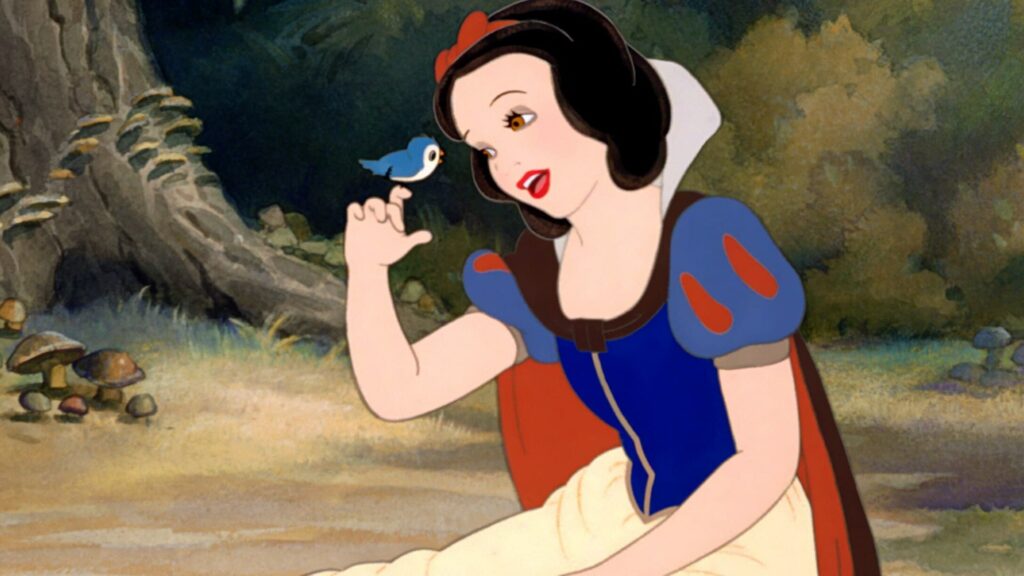
The fact that some works that I love and find myself revisiting are also works entrenched with problematic ideals is not as dichotomous as it was before. I can live with that now, that kind of ambiguity. Taking certain things for granted without exploring underlying presumptions implies an uncritical eye and a reluctance to think.
The unintended violence, or perhaps turning a blind eye to the violence that one inflicts by espousing morals and values detrimental to innumerable individuals is the consequence of a worshipping culture that is very evident in the country.
Glorification of those in power, uncritical praise of everything canonical and not considering the position of the makers of these canons, having immutable yardsticks for measuring the worth of art, and thus, to a great extent, the artists; all this diminishes one’s ability to think. Even though reading fiction poses a whole lot of problems, it is exactly what enables me to think and live with the sort of ambiguity that wouldn’t otherwise have been possible.
About the author(s)
Shakti (she/her) is an English major and an aspiring tea sommelier. She loves reading poetry and drama and can be found with a Kindle most time. She intends to become a teacher of humanities and is passionate about literature, films, politics, and history. In her free time, she has been caught watching cringe content, however, she fervently denies these claims.
